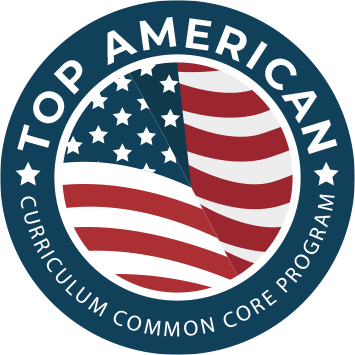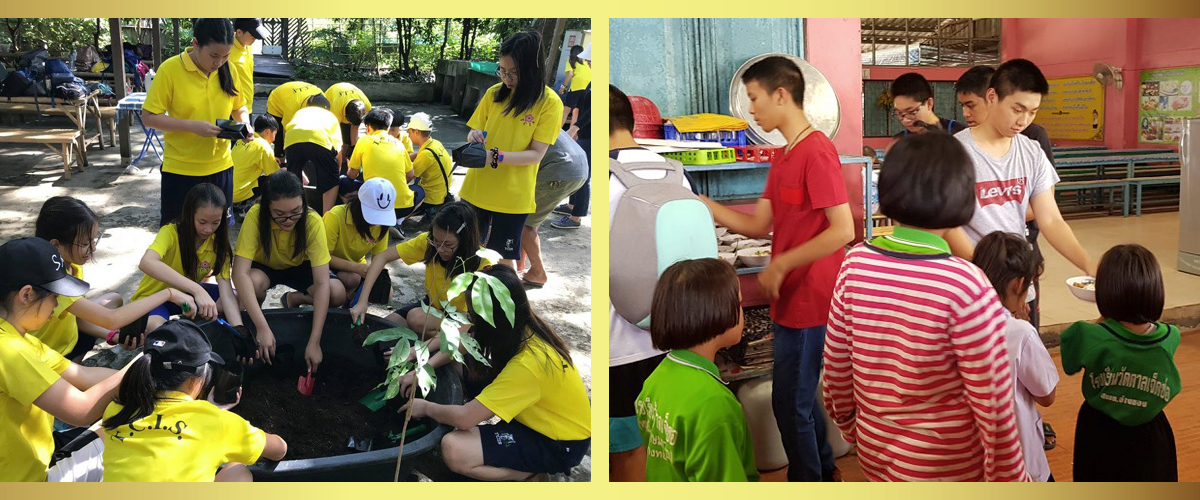The Social Studies Department believes that creating active and involved citizens is paramount to the improvement of society. Students are expected to have both critical and interpretive skills to understand concepts such as change over time and historical patterns.
Elementary School
Students will explore change and connections among people and cultures in places and environments. Students will focus on how different groups adapt to survive in an ever-changing environment while facing difficult odds. Students will also explore their social identities in terms of their school, their families, their social-emotional development, and their roles as local and global citizens.
Middle School
Using the Common Core Standards for Middle School History/Social Studies, students should be able to:
-
Cite specific textual evidence to support analysis of primary and secondary sources.
-
Determine the central ideas or information of a primary or secondary source and provide an accurate summary of the source.
-
Identify key steps in a text's description of a process related to history/social studies.
-
Determine the meaning of words and phrases as they are used in a text, including vocabulary specific to history/social studies.
-
Identify aspects of a text that reveal an author's point of view or purpose.
-
Distinguish among fact, opinion, and reasoned judgment in a text.
Content study by grade:
-
6th Grade - The Ancient World. Students are introduced to the beginnings of the human story. As they explore the great early civilizations of Egypt and the Near East, India, China, Greece, and Rome, students discover the secrets of these ancient cultures that continue to influence the modern world.
-
7th Grade - Students study the Medieval World and Beyond by exploring the legacy of civilizations from Europe, Africa, and the Middle East to Asia and the Americas.
- 8th Grade - Geography - Regions and People. Students engage in a stimulating, case-study approach to geography.
High School
Using the Common Core Standards for High School History/Social Studies, Grade 9-10 students should be able to:
-
Cite specific textual evidence
-
Determine the central ideas or information of a primary or secondary source and provide an accurate summary of how key events or ideas develop over the course of the text.
-
Analyze a series of events; determine whether earlier events caused later ones or simply preceded them.
-
Determine the meaning of words and phrases as they are used in a text, including vocabulary describing political, social, or economic aspects of history/social science.
-
Compare the point of view of two or more authors for how they treat the same or similar topics, including which details they include and emphasize in their respective accounts.
-
Assess the extent to which the reasoning and evidence in a text support the author's claims.
-
Compare and contrast treatments of the same topic in several primary and secondary sources.
Using the Common Core Standards for High School History/Social Studies, Grade 11-12 students should be able to:
-
Cite textual evidence to support analysis of primary and secondary sources, connecting insights gained from specific details to an understanding of the text as a whole.
-
Determine the central ideas or information of a primary or secondary source.
-
Evaluate various explanations for actions or events and determine which explanation is best supported by textual evidence, acknowledging where the text leaves matters uncertain.
-
Analyze how a complex primary source is structured, including how key sentences, paragraphs, and larger portions of the text contribute to the whole.
-
Evaluate authors' differing points of view on the same historical event or issue.
-
Integrate and evaluate multiple sources of information to address a question or solve a problem.
-
Integrate information from diverse sources, both primary and secondary, into a coherent understanding of an idea or event.
High school social studies subjects include: AP Microeconomics, AP Psychology, Economics, Global Issues, Sociology and U.S. History.















